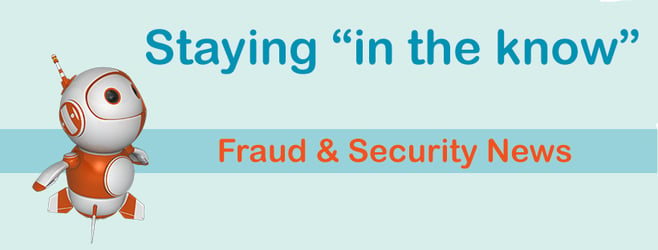
Scams that encourage victims to willingly give out their account numbers and personal information are nothing new. The techniques of the scams, however, do change as people become more aware of current scam trends, which cause scammers to find new ways to prey on their victims. It is important to stay on top of these trends to avoid falling victim.
"Secret Account Scams" have recently ignited. This scam tricks victims into providing their sensitive personal information to scammers, thinking they will be given a "secret account" at the Federal Reserve Bank in which to pay their bills through.
Colleen Tressler, Consumer Education Specialist with the Federal Trade Commission, details this topic in her blog post titled "No Secret Bank Accounts to Pay Your Bills." She highlights the goal of the scam and what to do should you enounter it:
"...this really is just a way to get your personal information, which scammers can then sell or use to commit fraud, like identity theft.
It’s good to keep in mind that people do not have accounts at Federal Reserve Banks. Only banks can bank at the Federal Reserve.
If you see a video, text, email, phone call, flyer, or website that describes how you can pay bills using a Federal Reserve Bank routing number or account, report it to the FTC. It’s a scam."
To read about other scam trends circling around, please visit the Federal Trade Commission's website and our Logix Security Center.






%20(952%20x%20317%20px)-2.png)




